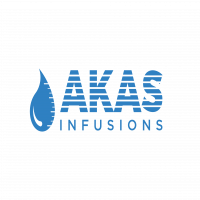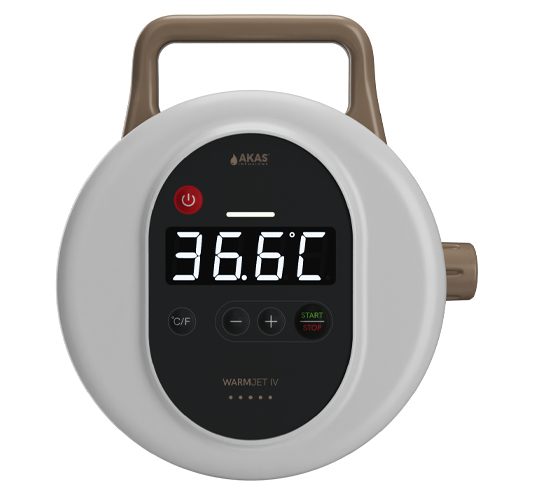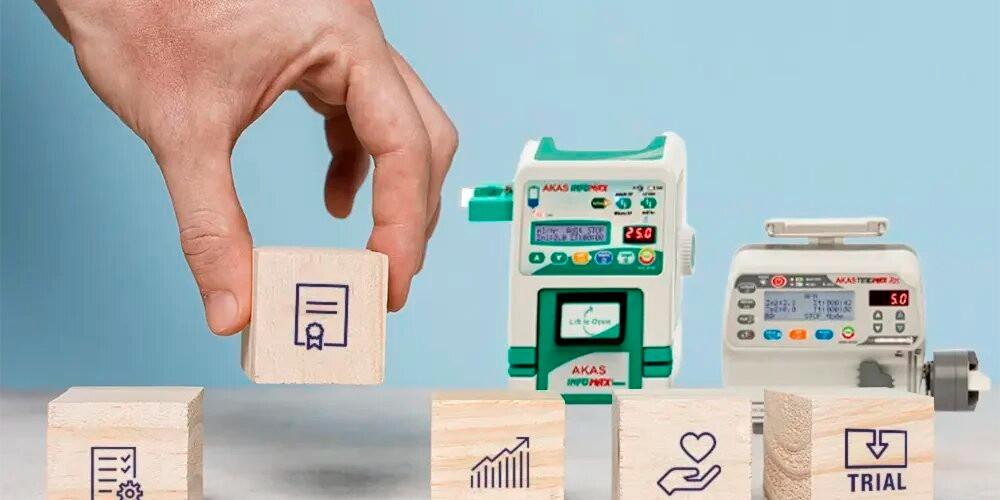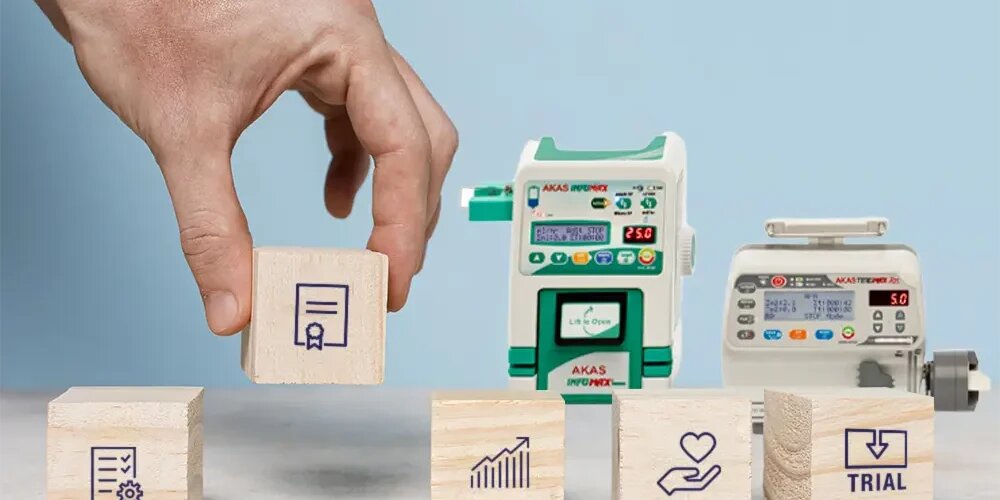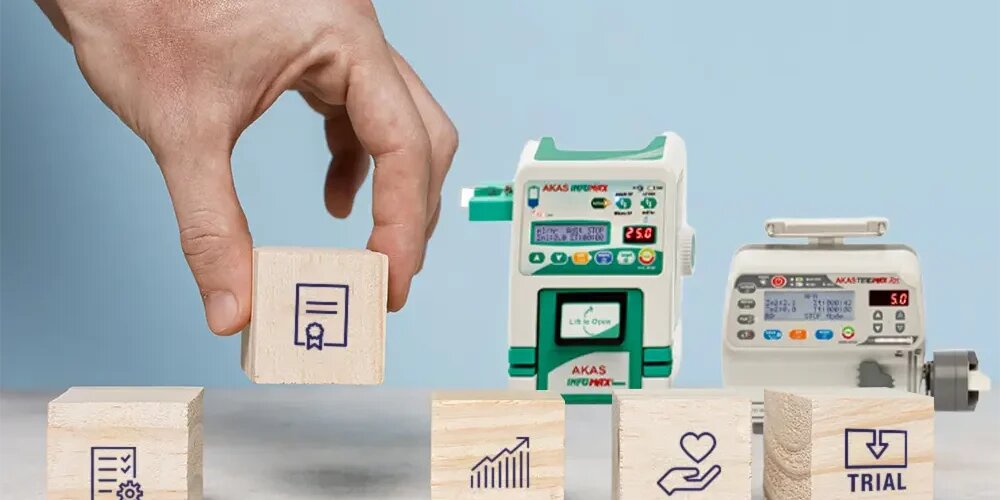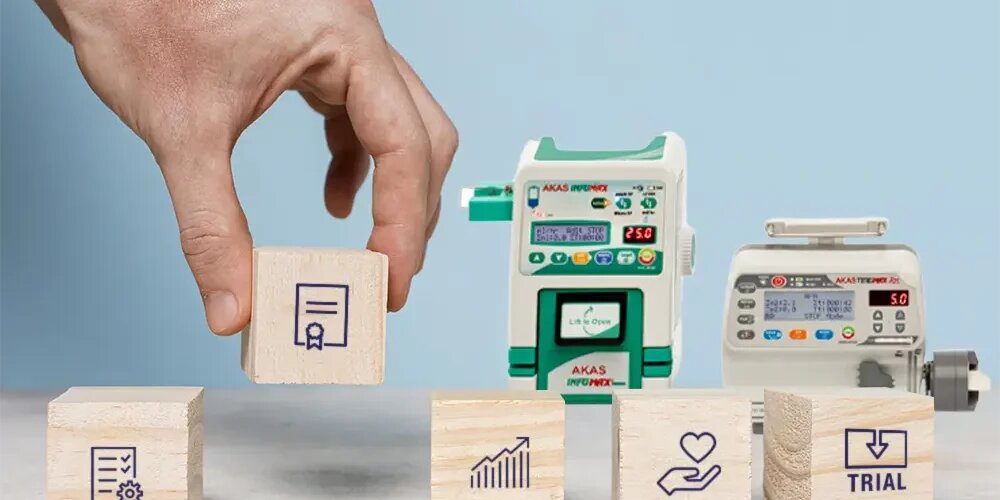How Infusion Pumps Help Prevent Medication Errors
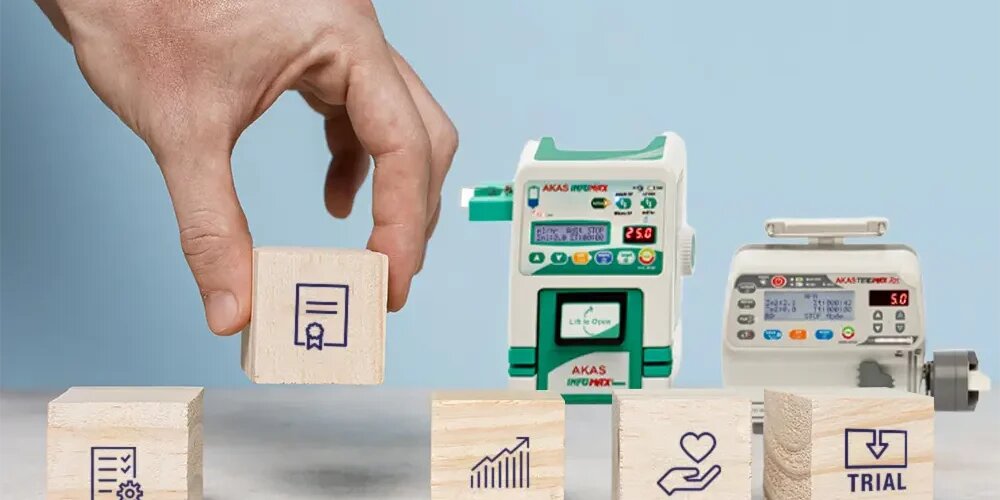
Strong 8k brings an ultra-HD IPTV experience to your living room and your pocket.
Introduction:
Medication errors remain one of the most critical challenges in modern hospital care.
These errors can occur at any stage—from prescribing to administering—putting patient safety at risk.
The use of advanced Infusion Pump technology has become instrumental in minimising these risks.
Hospitals are increasingly turning to automated systems to ensure accuracy and consistency.
An Infusion Pump offers precise control over medication flow, dosage, and timing.
These capabilities significantly reduce human error, especially in high-pressure clinical environments.
Embracing this technology is more than a convenience—it’s a commitment to patient safety.
With every drop delivered with care, infusion systems are helping create a culture of trust.
Their role in reducing medication errors is now seen as indispensable in quality healthcare delivery.
Understanding the Sources of Medication Errors
Medication errors can arise due to miscommunication, incorrect dosage, or manual miscalculation.
Overworked staff and complex medication regimens further increase the chances of mistakes.
Even slight deviations in drug administration can have life-threatening consequences.
Human limitations in multitasking during peak clinical hours contribute to dosing inconsistencies.
Interruptions and fatigue often affect concentration, especially in emergency and ICU wards.
Inaccurate data entry and manual documentation also open doors to avoidable errors.
A reliable Infusion Pump serves as a safety net, ensuring the right dose reaches the patient at the right time.
These devices are especially critical in paediatrics, oncology, and intensive care units.
By eliminating manual guesswork, they offer consistent medication delivery that enhances safety.
How Infusion Pumps Reduce Errors in Dosing and Timing
Infusion Pump technology offers programmable features that reduce the risk of human error.
Dosages are set through software, leaving little room for misjudgement or fluctuation.
This programmable control ensures exact drug delivery rates as prescribed by physicians.
Smart pumps include safeguards such as dose error reduction systems (DERS).
These built-in libraries alert healthcare professionals to any potentially harmful inputs.
Many pumps also feature auto-recording and reporting to reduce documentation errors.
In situations requiring multiple drug infusions, the risk of incorrect mixing is high.
Multi-channel infusion systems isolate and control each drug pathway individually.
Such control not only increases safety but also optimises therapeutic outcomes.
Benefits Across Various Clinical Departments
In Intensive Care Units (ICUs), patients often receive multiple medications simultaneously.
Infusion Pumps enable critical precision, helping avoid cross-medication issues.
ICU nurses benefit from streamlined workflows and more predictable responses.
In Oncology, chemotherapy requires exact dosing to avoid toxicity.
Pumps reduce variability in infusion rates, providing more consistent patient experiences.
This reliability supports both treatment success and patient comfort.
Neonatal and paediatric wards demand micro-dosing with extreme care.
Infusion technology allows staff to safely administer the tiniest volumes.
Parents and clinicians alike rely on these systems for peace of mind.
Safety Features Enhancing Medication Accuracy
Pre-programmed drug libraries minimise dosage input errors.
Lock-out mechanisms prevent tampering or accidental changes.
Real-time alarms alert staff to occlusions, air bubbles, or empty syringes.
Barcode scanning ensures the right drug is administered to the right patient.
Auto-documentation features reduce transcription mistakes in electronic medical records.
Training and Standardisation Through Infusion Pumps
Standardised equipment simplifies training across hospital departments.
Clinical staff become more confident with fewer device types and consistent protocols.
This familiarity further reduces the margin for error in high-stress situations.
Ongoing training supports correct usage and keeps staff up-to-date on device functions.
Simulation labs help nurses practice scenarios that reinforce error prevention.
Easy-to-understand interfaces also help new staff quickly adapt to patient needs.
Infusion Pumps in Medication Protocol Compliance
Hospitals must comply with stringent regulations on drug administration.
Infusion Pump systems help achieve these standards with built-in safety protocols.
They log all activities for compliance auditing and performance reviews.
Automatic time-stamping and dosage records strengthen legal protection.
Reports can be used to identify trends and improve future practices.
This proactive approach benefits patient care and hospital credibility.
Integration with Hospital Information Systems
Modern Infusion Pumps can connect with electronic medical record (EMR) systems.
This seamless integration reduces duplication and manual data entry.
It enables staff to access infusion data in real time for informed clinical decisions.
Accurate and real-time data helps ensure medication accuracy and dosage monitoring.
Integrated alarms and alerts improve team coordination during emergencies.
Ultimately, this supports a safer, more responsive care environment.
Choosing the Right Infusion Pump Manufacturer
Hospitals must select manufacturers that prioritise safety, durability, and innovation.
A trusted provider ensures that every feature is designed with clinical care in mind.
Service support, software updates, and technician training are also key factors.
Compatibility with existing hospital systems enhances workflow efficiency.
Look for devices that offer both advanced technology and user-friendly design.
Reliability, proven accuracy, and ease of use should guide procurement decisions.
Conclusion:
Medication errors in hospitals are preventable when the right tools are in place.
The use of smart Infusion Pump technology offers a proven path to safer drug delivery.
These devices empower healthcare teams to deliver treatment with precision and care.
Reducing human error not only protects lives but also builds trust across all levels of care.
Hospitals must invest in dependable, high-quality infusion systems to ensure lasting patient safety.
Manufacturers like Akas Infusion stand at the forefront, producing world-class drug delivery devices such as volumetric pumps.
With a focus on innovation and patient well-being, Akasinfusion supports hospitals in building safer, more responsive medical environments.
Choosing the right infusion technology partner is a step toward safer treatment and stronger clinical outcomes.
Every dose matters—infusion pumps make sure it’s the right one, every time.
Note: IndiBlogHub features both user-submitted and editorial content. We do not verify third-party contributions. Read our Disclaimer and Privacy Policyfor details.

